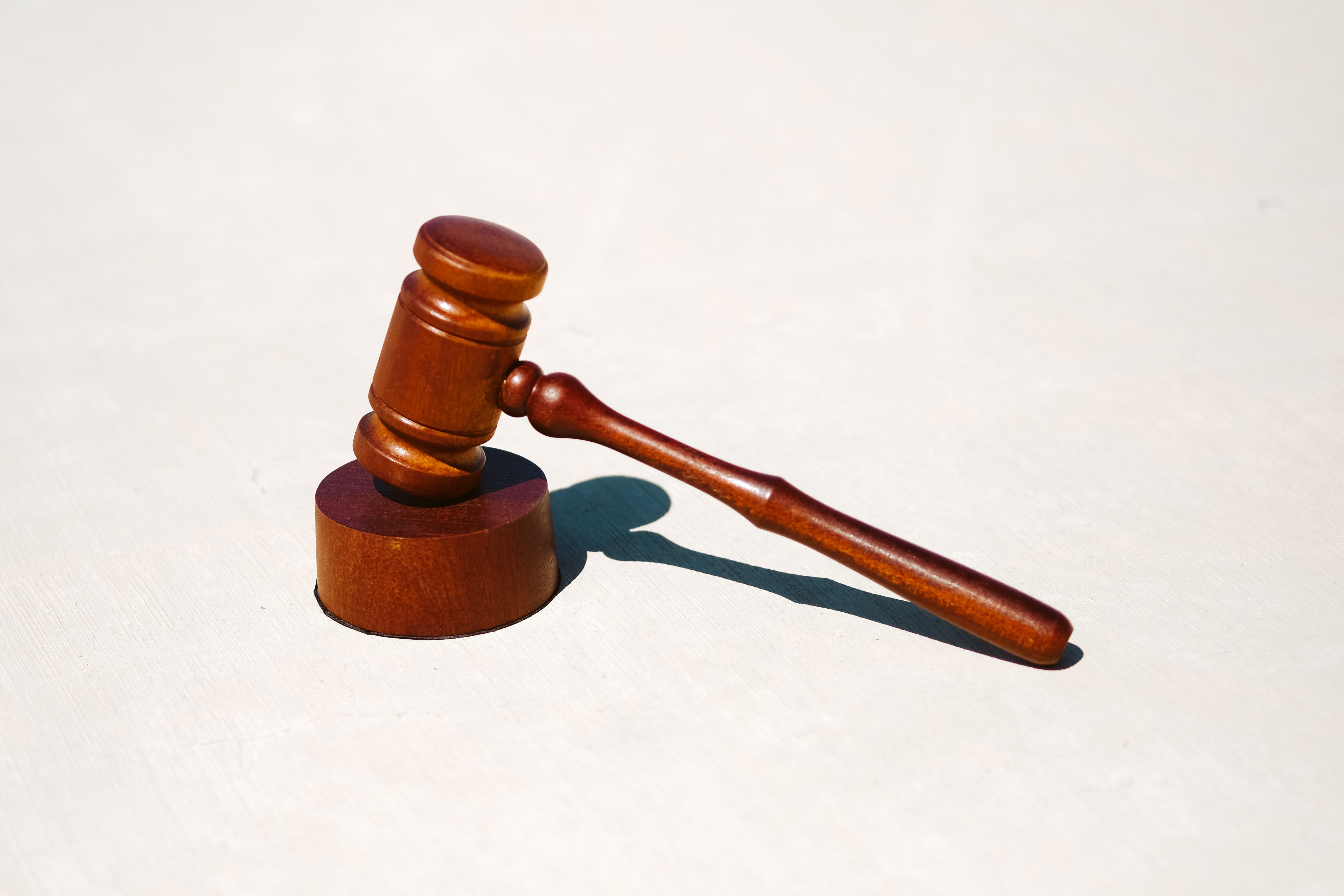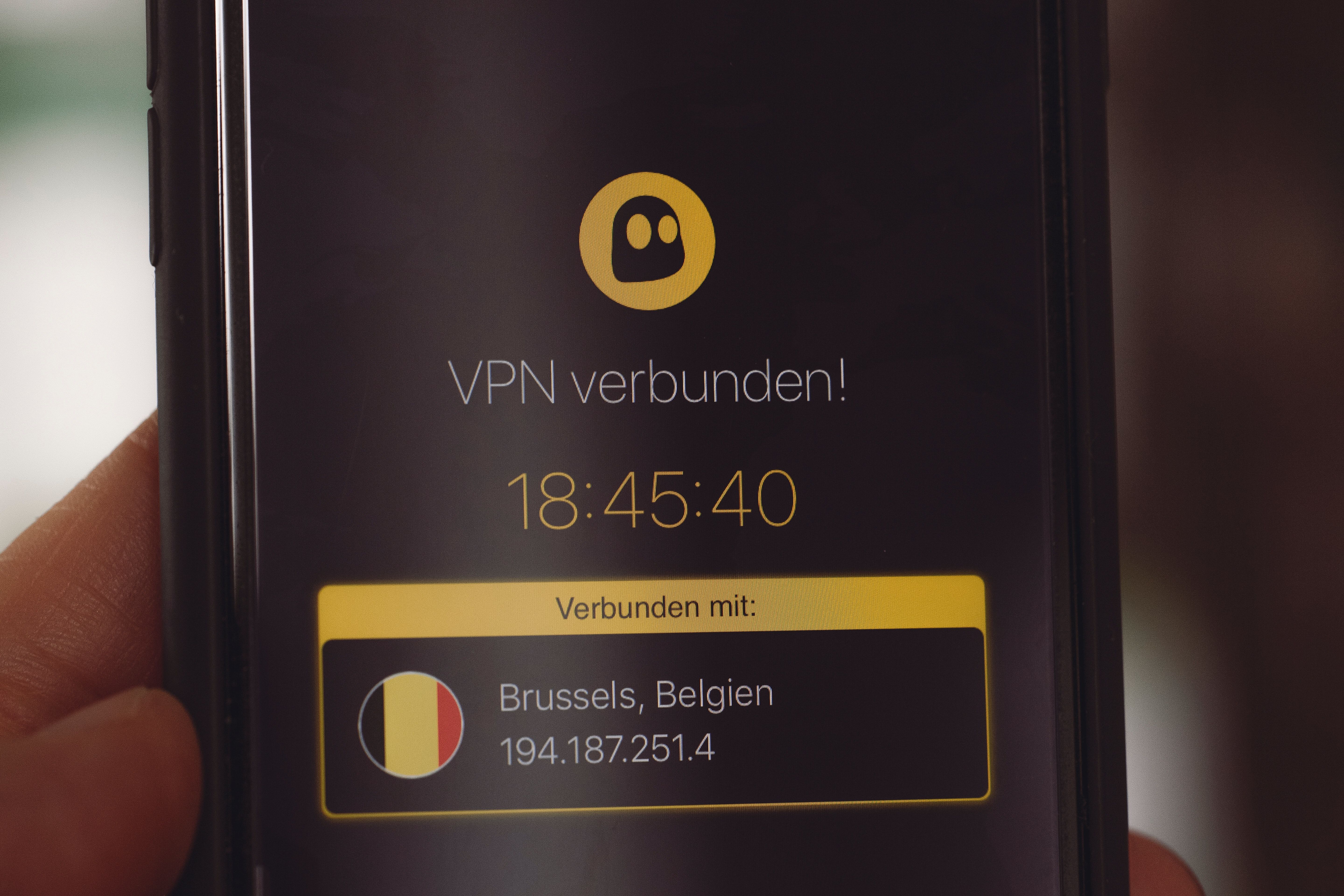In recent years, more people have become concerned about handing over their data. This is especially true when it comes to social platforms and those in positions of power.
Discussions around this topic have been further thrust into the spotlight with the release of Amazon's Informational Request Report for the second half of 2020. This revealed that governments requested record amounts of data from the platform.
There are numerous reasons that governments might ask for data, but should you be concerned? What kind of data is requested? And by who?
What Did the Informational Request Report Reveal?
In the six-month period between July 1 and December 31 2020, Amazon received an 800 percent increase in user data requests. The e-commerce giant was contacted by organizations both in the US and abroad.
Overall, 27,664 cases of requested data sharing were processed by the company.
Amazon said in its report that queries related to using data related to shopping searches. They were also associated with the company's Echo, Ring, and Fire services.
In a separate part of the report, the company revealed that 523 data requests had been made in relation to Amazon Web Services, which offers various cloud-based products.
Which Governments Asked for the Most Data?
Of the 27,664 data requests, the largest chunk came from Germany. Organizations in the EU's largest country asked for information on 11,735 occasions, which represented 42 percent of the overall split.
Spain was a distant second on the list. 5,209 requests came from the Southern European nation, which translates to 18.8 percent.
Italy was third when it came to data requests. 3,101 cases were processed from this part of the world, representing 11.2 percent on the pie chart. The US was close behind in fourth, with 3,060 requests (11.1 percent).
1,181 requests were from the UK, which translated to 4.3 percent. Meanwhile, France made 857 information-sharing queries (3.1 percent).
Countries other than those mentioned above formed 9.1 percent of all requests and 2,521 in total.
As for Amazon Web Services, the vast majority of requests were from the US. 74.6 percent came from America, which translates to 390 as a full figure. Germany (8.4 percent) was second on this respective list, with 44 requests.
France (5.2 percent) had 27 cases processed, and the UK (3.1 percent) had 16. Spain (1.7 percent) had nine, with Italy (0.2 percent) requesting Web Services data just once. 'Other' (6.9 percent) constituted for 36 Web Services cases.
What Kind of Data Was Collected?
Amazon said that 99.8 percent of non-Web Services requests were defined as non-content. Non-content information includes:
- Name
- Email address
- Billing information
- Residency address
- Certain retail history
- Account creation date
The remaining 0.2 percent was defined as content information. This includes:
- The content of data files in retail customers' accounts (e.g., photos)
- When it comes to Amazon Web Services, this includes content transferred for processing, storage, and so on.
For Amazon Web Services, non-content data was again requested the most. There were 508 cases in this respect, translating to 97 percent. There were 15 requests for content (3 percent).
Why Was Data Collected?
Amazon said that data was requested for various reasons and that these related to "legal orders".
One reason governments requested data was for subpoenas. A subpoena is a formal, written order for an individual to appear in court. In the report, "non-US equivalents" under different names were categorized the same as subpoenas.
Another reason governments wanted information from Amazon was to assist with search warrants. A search warrant must be granted before legal authorities have certain powers, though the rules vary from country to country.
Governments also requested data from Amazon for court orders. Again, these also covered the equivalents for countries other than the US.
Should You Be Worried?
Understandably, you might find governments' abilities to find out a lot about you from where you shop to be concerning.
You might also be worried about surveillance. This is especially when many governments effectively told people what they could and could not do throughout the COVID-19 pandemic.
Despite the number of requests, Amazon largely refused to hand over information. The company only exchanged data for 52 cases.
It's also important to remember why data was requested. Governments often don't need to adhere to the same data protection laws as businesses—GDPR is one example—so information was not asked freely.
In most cases, authorities wanted information to process legal matters. If they were not investigating something so serious, then you'd have to question whether or not they would go to such lengths.
Unless you're suspected of committing a serious crime, the chances are that you don't have anything to be concerned about. If you're worried about how governments can and cannot access your personal data, it's a good idea to read up on privacy laws for your local jurisdiction.
How to Protect Your Personal Data Online
Even if you aren't worried about your data being used for criminal investigations, protecting your data and personal information is still essential. Not looking after your data online can leave you vulnerable to identity theft and more.
If you don't want companies selling your information, it's also a good idea to take steps to stop them from collecting this.
To protect your personal data online, consider the following steps.
Use a VPN
Using a Virtual Private Network (VPN) helps you surf online without others knowing what you're up to. While this might not be something you're too bothered about at home, it's vital in public spaces.
If you're not sure which one to get, check out which free VPN networks you can use.
Use Encrypted Messaging Services
Messaging services like WhatsApp have come into scrutiny recently for data-related purposes. But now, encrypted solutions are giving them a run for their money.
If you want to send messages more discreetly, you could consider using either Signal or Telegram, for instance.
Only Share the Bare Minimum
If you don't need to give out too many details to sign up to a service, simply don't. It's pointless handing over more data about yourself than you strictly need to, because you don't know exactly who that information is being shared with.
Protect Your Data From Threats
Amazon's revelations about governments requesting data may well have raised alarm bells in some people's minds. But while it seems scary that organizations can access your information, context is essential.
Governments wanted data to deal with legal issues, and Amazon only granted them access in a small selection of cases.
If you're concerned about government data collection, read local laws to find out your rights. And when you're online, it's a good idea to practice reasonable data protection measures anyway.





